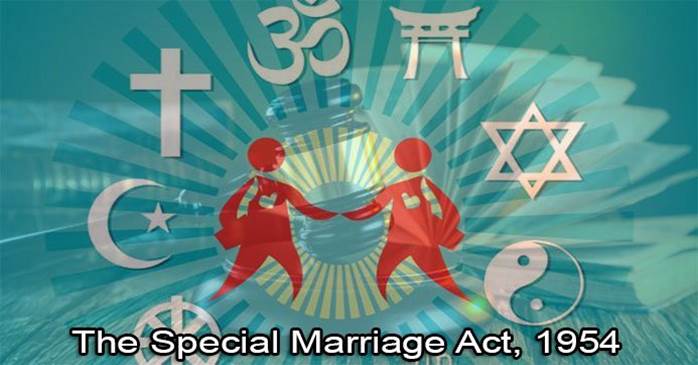Free Courses Sale ends Soon, Get It Now


Free Courses Sale ends Soon, Get It Now



Copyright infringement not intended
In News
Arguments by the Petitioner
Special Marriage Act (SMA), 1954
Concern
Way Forward
https://epaper.thehindu.com/Home/ShareArticle?OrgId=GSOA78S86.1&imageview=0
https://t.me/+hJqMV1O0se03Njk9
© 2024 iasgyan. All right reserved